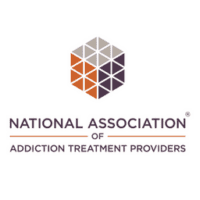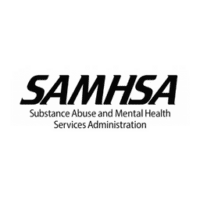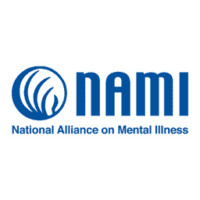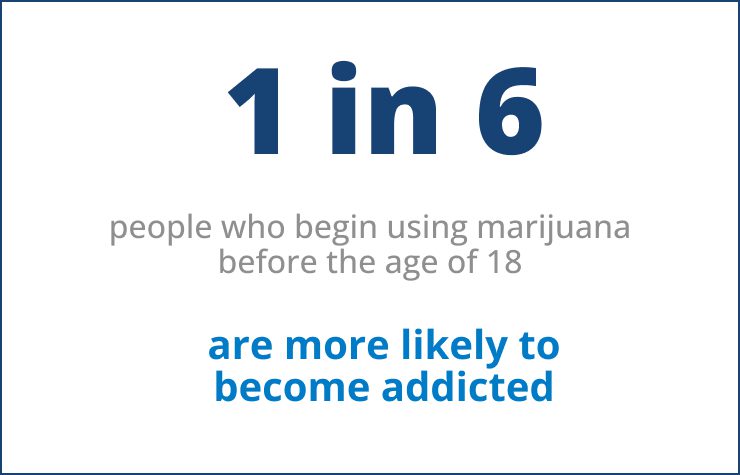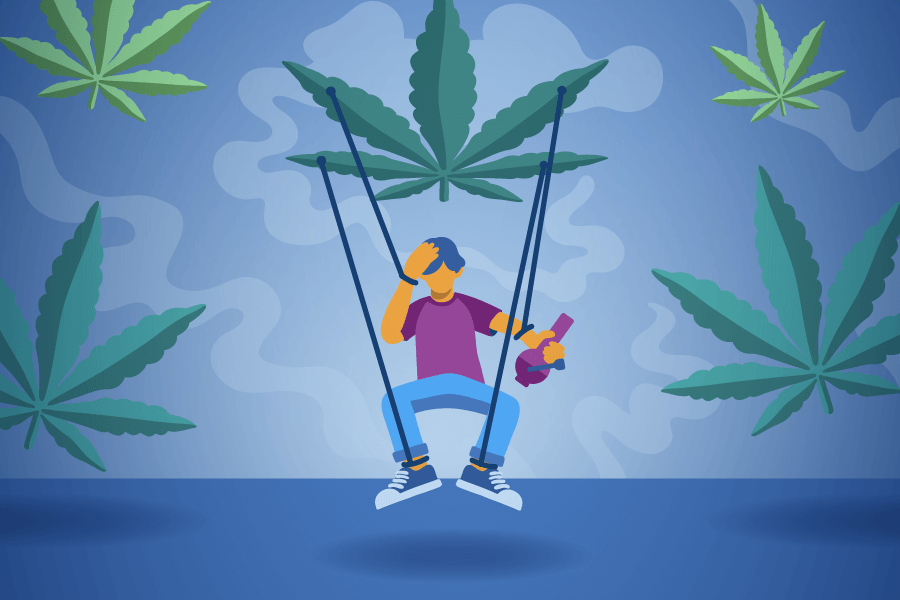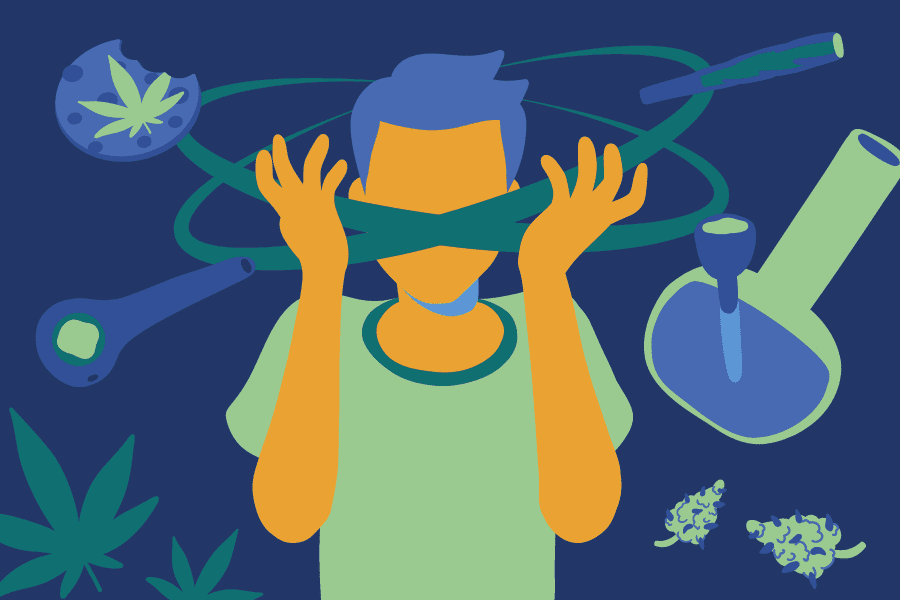Marijuana Abuse for Teens and the Brain
Adolescents are particularly at risk for addiction to marijuana, and they are more significantly affected by the drug on a neurological level. Many people don’t realize that marijuana is addictive and even believe it to be a “safe” substance. In fact, most adolescents who use marijuana do not see it as harmful, but they account for 50% of those who enter a marijuana rehab center.
As a parent, it can be hard to know if your child has a problem with marijuana use and how to get your child treatment. It is important to find help for your teenager as marijuana dependence is harmful and causes long-term, permanent damage to the brain.
Comprehensive Levels of Care
No matter where you are in your recovery journey, our levels of care are personalized to your unique needs.
What Determines Severity of Impact?
For many years, there was a general belief that marijuana’s immediate effects and its usage did not translate into any lasting changes to an individual. However, research over the past decade has shown this belief to be false, particularly for adolescents. What we now know is that the adolescent brain is highly impacted by the drug.
There is a trifecta of circumstances that can determine how severe that impact is:
- Age that marijuana use begins
- Frequency that the drug is used
- Length of time of persistent usage
The younger, more often, and longer a child uses marijuana the more severe the consequences.
Short-Term Effects of Marijuana on the Adolescent Brain
Consuming marijuana, in whatever form, has immediate, short-term effects:
- Decreased attention
- Impact on decision-making capabilities
- Decreased capacity for memory
- Decreased learning ability
Find the Right Facility for Your Needs
Explore our treatment center locations and find an option that works for you.
Long-Term Effects of Marijuana on Brain Development
While the effects of being “high” can cause issues at school and home, they don’t explain what’s happening to the brain over time. The adolescent brain is not fully developed and won’t be until the age of 25. It is growing and, therefore, vulnerable.
When it is exposed to a toxin, like marijuana or any foreign substance, there is a disruption to how the brain is functioning and developing. The pathways and processing abilities are affected. When exposure occurs over and over again, there is damage.
What researchers have found is that regular adolescent marijuana use negatively affects “neuropsychology” or brain functioning. These issues persist years after a person stops using. There is damage in several key areas:
- Intelligence
- Memory
- Language, including speech, reading, and writing
- Executive functioning, like problem-solving, planning, organization, attention
What Is the Risk of Addiction to Marijuana for Adolescents?
The adolescent brain is particularly vulnerable to substances in the frontal cortex. This area houses our ability to make decisions, plan, and control judgment. It is also where personality resides—what makes you, you. When adolescents or teens use weed, these key features are affected.
The adolescent brain also more easily develops a dependence on a substance than the adult brain. The dependence tends to be more persistent than those formed later in life.
Quitting Marijuana: Addiction Treatment Options
Finding a marijuana addiction treatment program for your teenager is essential if he or she is suffering from a marijuana addiction. Sandstone Care offers teen residential treatment. The sooner treatment begins, the better the results.
Addressing persistent marijuana use in your teenager is critical for their long-term health and personal and academic success. We are available to help you and your family today.


Online Treatment Programs
Our virtual IOP program offers the same programming that we offer in person, all online – this is ideal for those who live too far to drive to an addiction center, have transportation issues, or have health concerns that make in-person treatment challenging.
Our Accreditations
